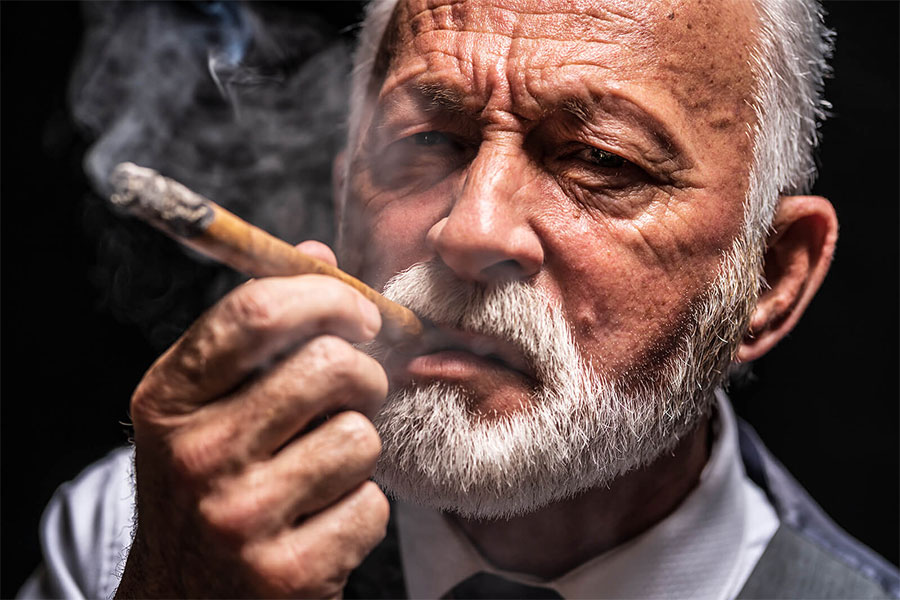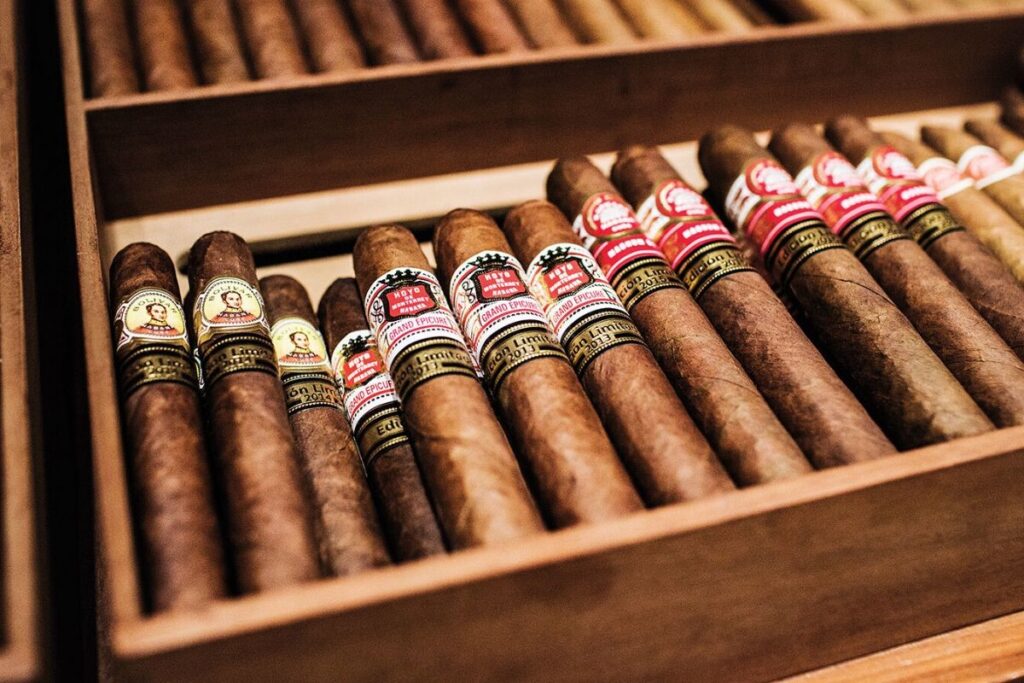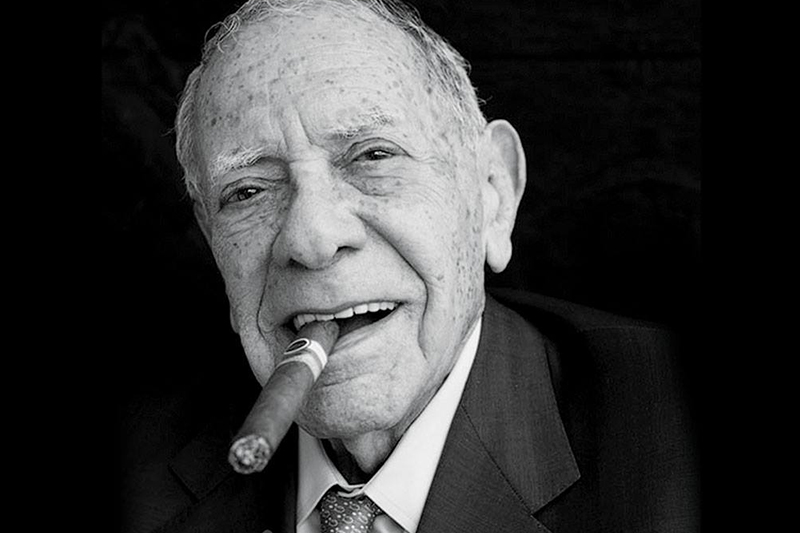The Aging Process of Premium Cigars: Why Some Cigars Improve with Age and Price

Cigars are considered a luxury item and can be quite expensive, especially when it comes to premium cigars. However, the price of a cigar is not only based on its quality and craftsmanship but also on the aging process. In fact, the aging process of premium cigars is one of the most critical factors that determine their value.

The Aging Process
Cigars are made from tobacco leaves, which are aged after harvest to achieve the desired flavor, aroma, and strength. However, the aging process does not end once the cigar is rolled and packaged. Premium online cigars are aged for an additional period of time, which can range from a few months to several years. During this time, the tobacco undergoes a slow and gradual process of fermentation, which allows the flavors and aromas to mature and develop.
The aging process of cigars is influenced by several factors, including the type of tobacco used, the climate and environment in which it is stored, and the length of time it is aged. Some stogies are aged in wooden barrels, which can impart additional flavors and aromas. Others are aged in cedar-lined boxes, which help to regulate the humidity and temperature, creating the ideal conditions for aging.
Why Some Cigars Improve with Age
The aging process of premium cigars is a delicate balance between time, temperature, and humidity. If the conditions are not ideal, the cigar can become too dry or too moist, which can affect its flavor and burn. However, when the aging process is done correctly, the cigar can develop a richer, more complex flavor profile, with nuances and subtleties that were not present when it was first rolled.
The tobacco leaves used to make the cigar have not reached their full potential at the time of harvest. Aging allows the leaves to mature and develop, unlocking flavors and aromas that were not present before. Second, the fermentation process during aging allows the cigar to become more balanced and harmonious, with the various components working together to create a seamless smoking experience. Finally, the aging process can also mellow out any harshness or bitterness in the cigar, creating a smoother, more enjoyable smoking experience.

Why Price Matters
The longer a cigar is aged, the more expensive it becomes, as the manufacturer must invest in additional storage space and resources to maintain the ideal conditions. In addition, the cost of the tobacco used in premium cigars is higher than that of lower-quality cigars, as it is grown and harvested under strict conditions to ensure its quality and consistency.
As a result, the price of a cigar is often an indicator of its quality and aging potential. Premium cigars that are aged for longer periods and made from higher-quality tobacco will typically command a higher price than those that are not. However, price is not always a reliable indicator of quality, as some cigars may be overpriced due to branding or marketing.

Conclusion
The aging process of premium cigars is a critical factor in their quality and value. When done correctly, aging can transform a good cigar into a great cigar, with a richer, more complex flavor profile and a smoother, more enjoyable smoking experience. By taking the time to research and choose the right cigar, you can enjoy a luxurious smoking experience that is worth the investment.




